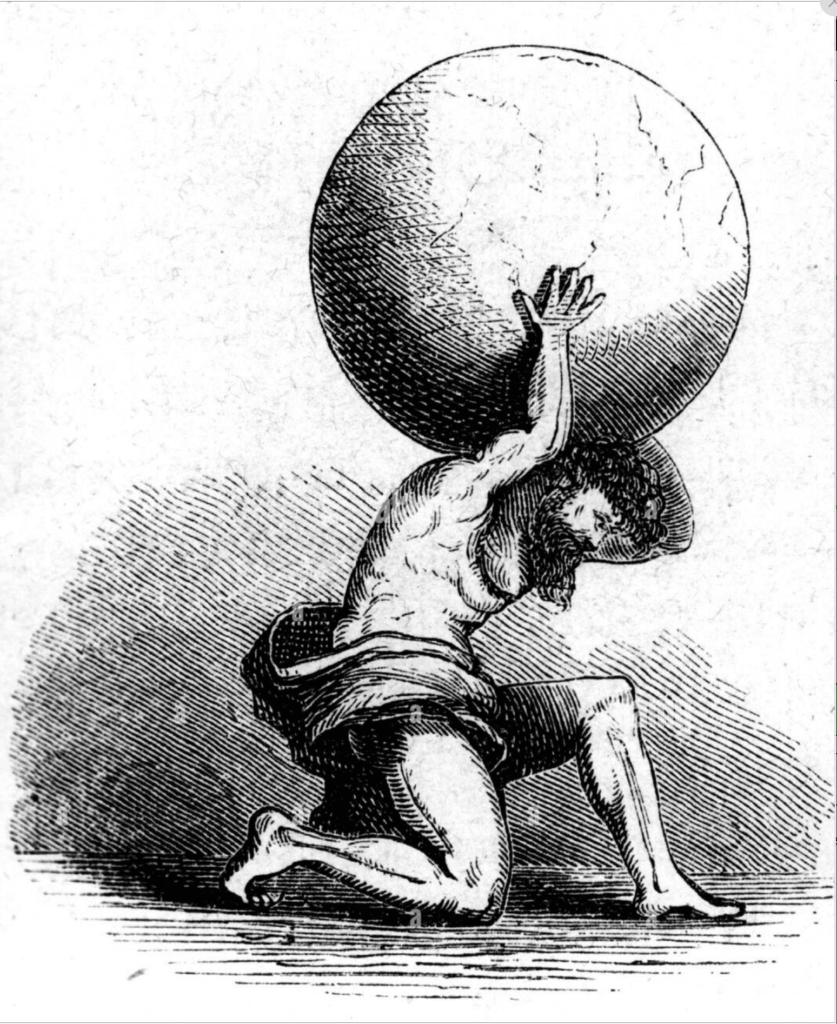SERIES: Rest: A Study in 1 Kings 19
TEXT: 1 Kings 19:9-18
MESSAGE: “God in the Silence”
“Very early in the morning, while it was still dark, Jesus got up, left the house and went off to a solitary place, where he prayed.” — Mark 1:35
In 2018 Carolyn Gregoire wrote an article entitled “Why Silence is Good for the Brain”:
1. Silence relieves stress and tension.
2. Silence replenishes our mental resources.
3. In silence, we can tap into (Contemplative thinking)
4. Getting quiet can regenerate brain cells.
“God said, “But the LORD is in his holy temple; let all the earth keep silence before him.” — Habakkuk 2:20
TEXT: 1 Kings 19:9-18
In the silence, God graciously gives Elijah… (1. The Reason 2. The Revelation 3. The Reorientation)
1. The Reason (v. 9-10)
“There he came to a cave and lodged in it. And behold, the word of the Lord came to him, and he said to him, “What are you doing here, Elijah?” 10 He said, “I have been very jealous for the Lord, the God of hosts. For the people of Israel have forsaken your covenant, thrown down your altars, and killed your prophets with the sword, and I, even I only, am left, and they seek my life, to take it away.”
“On Mt Carmel we saw Elijah the great spiritual leader, saving Israel by his faith and faithfulness. On Mt Horeb we see him weak, mistaken and in need of God’s rebuke…Elijah’s answer completely devalued what had happened on Mt Carmel. He ignored God’s victory over Baal as though it had achieved nothing…he dismissed the people as utterly faithless. He disregarded the faithful Obadiah and the possibility that there might have been many more like him…Once again, he stated that he was the only prophet of Yahweh left alive (cf. 18:22), thus setting no value on the hundred prophets which he knew had been concealed in caves by Obadiah.” — John J. Bimson
“…there comes a point when we have to recognize that God is God and we are not. Silence before him acknowledges our rightful place. He gets the last word…” — Sarah Hauser
2. The Revelation (v. 11-12)
“And he said, “Go out and stand on the mount before the Lord.” And behold, the Lord passed by, and a great and strong wind tore the mountains and broke in pieces the rocks before the Lord, but the Lord was not in the wind. And after the wind an earthquake, but the Lord was not in the earthquake. 12 And after the earthquake a fire, but the Lord was not in the fire. And after the fire the sound of a low whisper.”
“The translations a gentle whisper and ‘a still small voice’ do not do full justice to the enigmatic Hebrew expression, which may be better rendered ‘a brief sound of silence’. Although the text does not explicitly say so, it implies that God was at last passing by in the silence which followed the storm. These events provide a vivid demonstration that God is not always at work in ways which are visible and dramatic. He may choose to be present silently. Elijah’s diagnosis of the situation he had left behind was therefore challenged, for God can work in ways which even his servants cannot detect.” — John Bimson
“Regardless of the meaning of the natural wonders…it is God’s word alone that will heal the prophet in this moment of crisis.” — Paul House
3. The Reorientation (v. 13-18)
“And when Elijah heard it, he wrapped his face in his cloak and went out and stood at the entrance of the cave. And behold, there came a voice to him and said, “What are you doing here, Elijah?” He said, “I have been very jealous for the Lord, the God of hosts. For the people of Israel have forsaken your covenant, thrown down your altars, and killed your prophets with the sword, and I, even I only, am left, and they seek my life, to take it away.” 15 And the Lord said to him, “Go, return on your way to the wilderness of Damascus. And when you arrive, you shall anoint Hazael to be king over Syria. 16 And Jehu the son of Nimshi you shall anoint to be king over Israel, and Elisha the son of Shaphat of Abel-meholah you shall anoint to be prophet in your place. 17 And the one who escapes from the sword of Hazael shall Jehu put to death, and the one who escapes from the sword of Jehu shall Elisha put to death. 18 Yet I will leave seven thousand in Israel, all the knees that have not bowed to Baal, and every mouth that has not kissed him.”
“The first time this statement of defense is presented to the audience, the emphasis falls on Elijah’s feelings (informative) but the precise reiteration exhibits Elijah’s inflexibility and egocentrism.” — R. Gregory
LIE: Atlas — carrying the world
TRUTH: God — carrying the world
TAKEAWAYS: How does God meet us?
Intentionally Pursue Silence
“Sabbath is the time set aside to do nothing so that we can receive everything, to set aside our anxious attempts to make ourselves useful, to set aside our tense restlessness, to set aside our media-satiated boredom. Sabbath is the time to receive silence and let it deepen into gratitude…to receive the days of the just completed week and absorb the wonder and miracle still reverberating from each one, to receive our Lord’s amazing grace.” ― Eugene H. Peterson
Intentionally Listen for His Voice
“When God speaks, he does not give new revelation about himself that contradicts what he has already revealed in Scripture. Rather, God speaks to give application of his Word to the specific circumstances in your life. When God speaks to you, he is not writing a new book of Scripture; rather, he is applying to your life what he has already said in his Word.” ― Henry Blackaby
“Now about eight days after these sayings he took with him Peter and John and James and went up on the mountain to pray. 29 And as he was praying, the appearance of his face was altered, and his clothing became dazzling white. 30 And behold, two men were talking with him, Moses and Elijah, 31 who appeared in glory and spoke of his departure, which he was about to accomplish at Jerusalem.” — Luke 9:28-31

